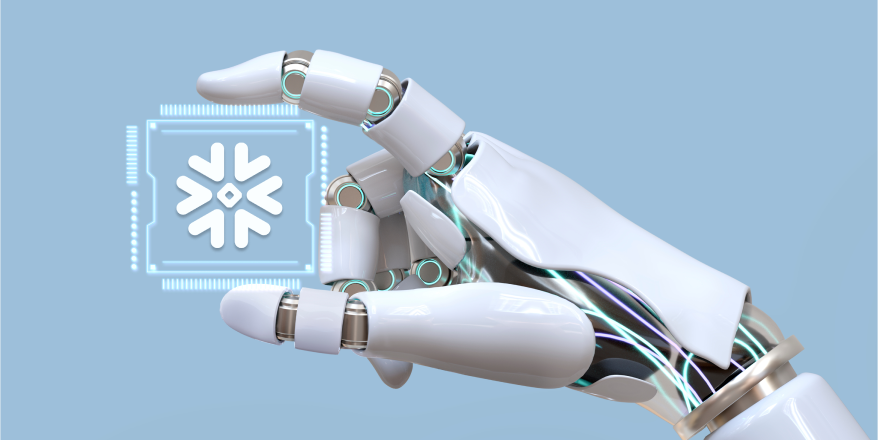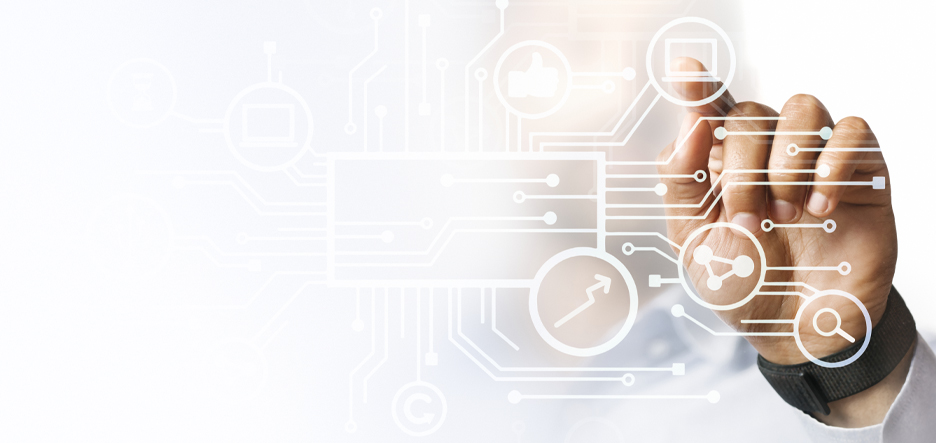
Internet of Things is sometimes also referred to as the Internet of Everything because it summarises the essence of this breakthrough technology with precision. IoT is one of the most promising areas for new technology companies, and innovative companies are changing the face of everything from healthcare to garbage collection.
As a result, these businesses are merely the shiny front ends to a complex web of partner organizations, which are themselves a complex web. For a large, well-established company, let alone a startup, it is nearly impossible for a single business to construct an end-to-end IoT offering, covering all hardware and software aspects. To create successfully operational IoT ecosystems – ecosystems being the keyword here – there are too many different specialties required. On one level, there is no such thing as a stand-alone IoT product or service.
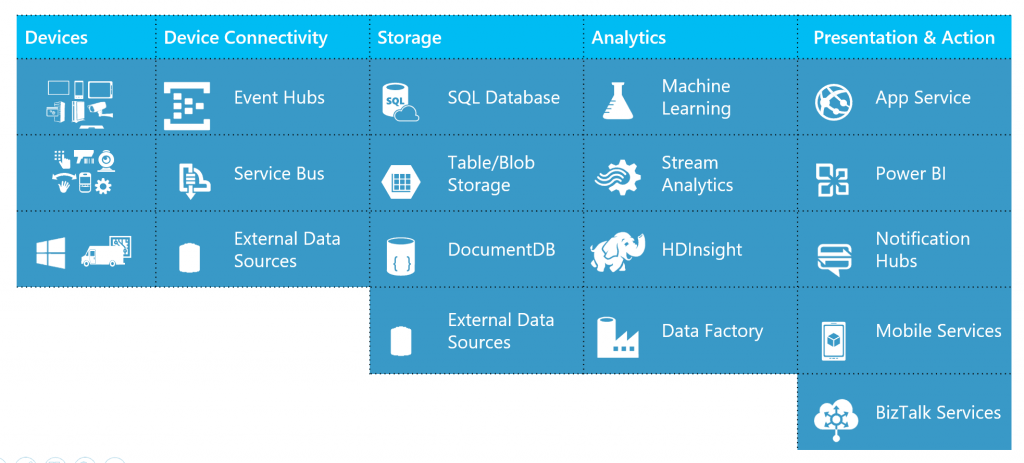
When launching a new IoT business, it is imperative to build a robust ecosystem of partners.
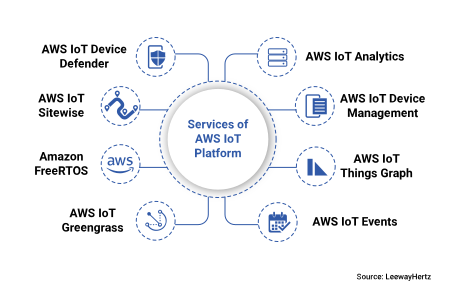
The following are the areas in which you need to be an expert, to be able to fully take advantage of IoT:
Hardware: Sensor and Connectors
Connected sensors are installed in hardware throughout an organization – or even in individual products ready to be sold – to form the basis of the IoT). Companies that can engineer and install IoT devices should be among the first groups of partners in mind for a new IoT business. Hardware with connectivity is typically ‘baked in’ at the point of manufacture rather than being added later.
Connectivity: Data Transmission
Next, IoT ecosystems need to work with partners who are experts in networking and connectivity. Near Field Communications (NFC), cellular communications, Bluetooth, and a wide range of other protocols are used in different IoT contexts, as are WiFi and other wireless protocols. IoT systems integrators are also a vital piece to the puzzle of connectivity.
Security: Data and Device Protection
Security is a top priority in, and most startups cannot handle it in-house .Securing the IoT requires various technologies and processes from encrypting data on the move and rest to creating unique identities that verify every connected device on an IoT networks.
Insights: Data Analysis and Action
As a general rule, the IoT’s most significant selling point is its ability to collect previously ignored data and turn it into actionable insight. There is a requirement for powerful engines capable of analyzing massive data sets to provide business information and easily understood recommendations. Artificial Intelligence and Augmented Reality (AR) are being used in many cases to maximize the intelligence gained from machine learning.
Collaboration: Sharing
IoT networks can be used to share information, learn from each other, and integrate disparate services and datasets in a ‘smart city’ or ‘connected healthcare.’ We can see this in the IoT partner ecosystems that have reached maturity. Organizations with different specialties come together to create something even more significant than the sum of its parts.
Building an IoT platform is not an easy task, nor is connecting IoT software and hardware to the Internet or coordinating sensor and network operations.Not to mention the security of the data deluge, as entrepreneurs discover to their horror. Too often, co-founders of IoT startups get lost in translation. The complex architecture of IoT has made startups, and enterprises both reach out to IoT partners who add value to the specific functions. Most importantly, there are built serverless IoT platforms like Azure IoT, AWS IoT. These are popular ‘plug and play’ mechanisms that help startups develop their IoT-based products quickly.
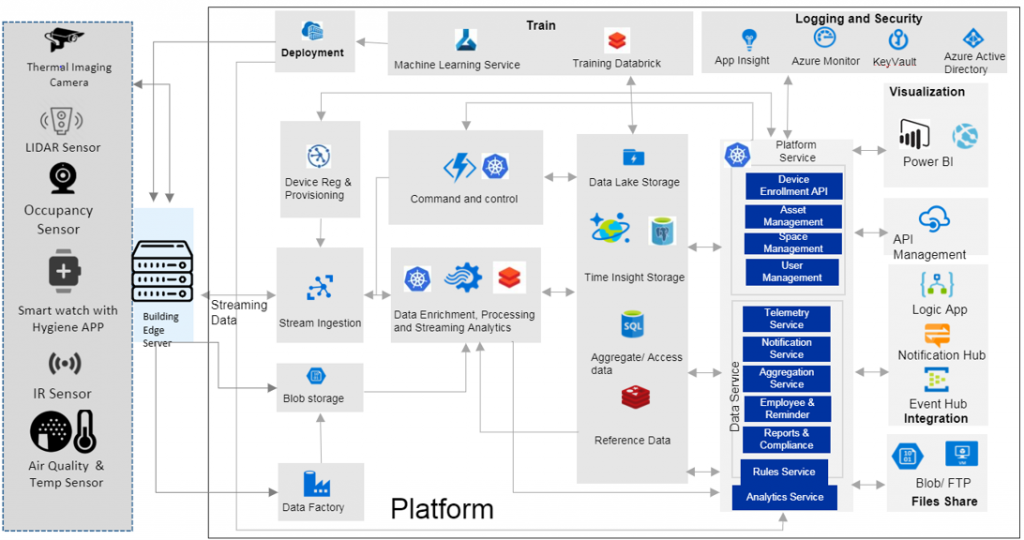
Startups can use serverless applications as a great way to test out their ideas and validate them. An IoT startup can save money and time by adopting a serverless approach. Without worrying about scaling or maintaining servers, serverless architecture lets developers concentrate on their core tasks: less maintenance, more deployment. A startup can create a serverless backend that is highly customizable and flexible, and highly automated. For the design of cloud-based, device-specific algorithms, one can use any code and native libraries available.
AWS offers a wide range of IoT services, from the edge to the cloud, that span a wide range of technologies. Amazon Web Services (AWS) IoT is the only cloud vendor that combines data management and rich analytics into one easy-to-use platform. Cloud computing platform AWS combines AI and IoT to make devices more intelligent. In the cloud, one can create models that can then be deployed to devices where they run 2x faster than other offerings.
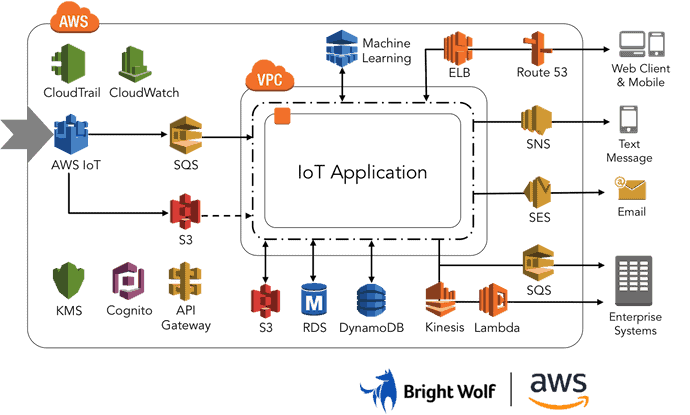
Companies can build customized solutions for complex IoT scenarios using Azure IoT Hub and Azure Digital Twins. For businesses needing cloud solutions and device expertise, this is the right solution.
However, not all startups are adept at these technologies. AWS and Azure IoT specialized firms come in. AWS and Azure have a strong partner network with specialists and developers trained in these technologies, who can create a range of solutions tailored for significant customer categories, including startups.
It’s not by accident that AWS or Azure IoT platforms are favorites among enterprises and IoT startups. Nearly all IoT startups can focus on what it needs when delegating its IoT builds on AWS or Azure platforms and infrastructures.
